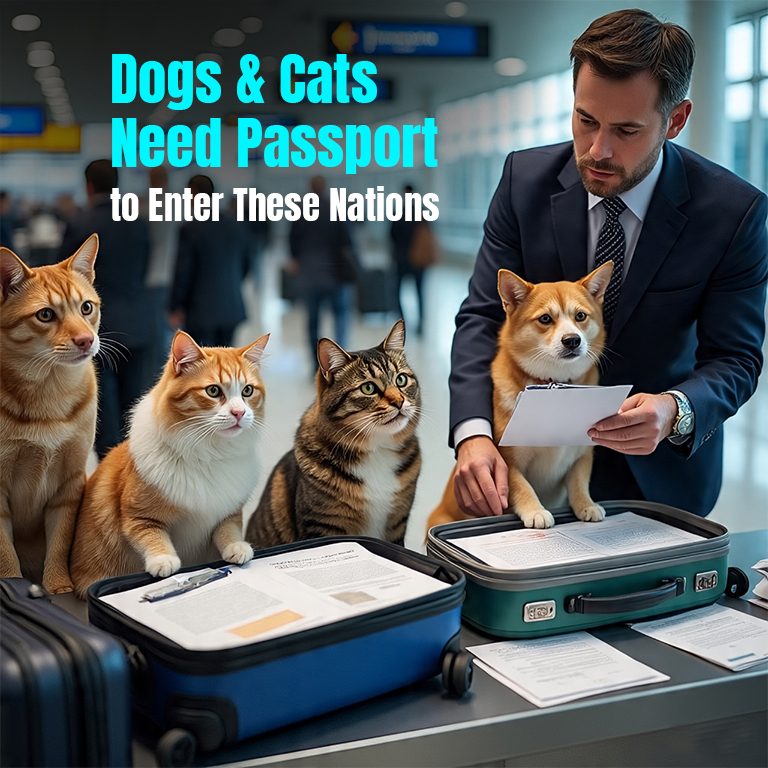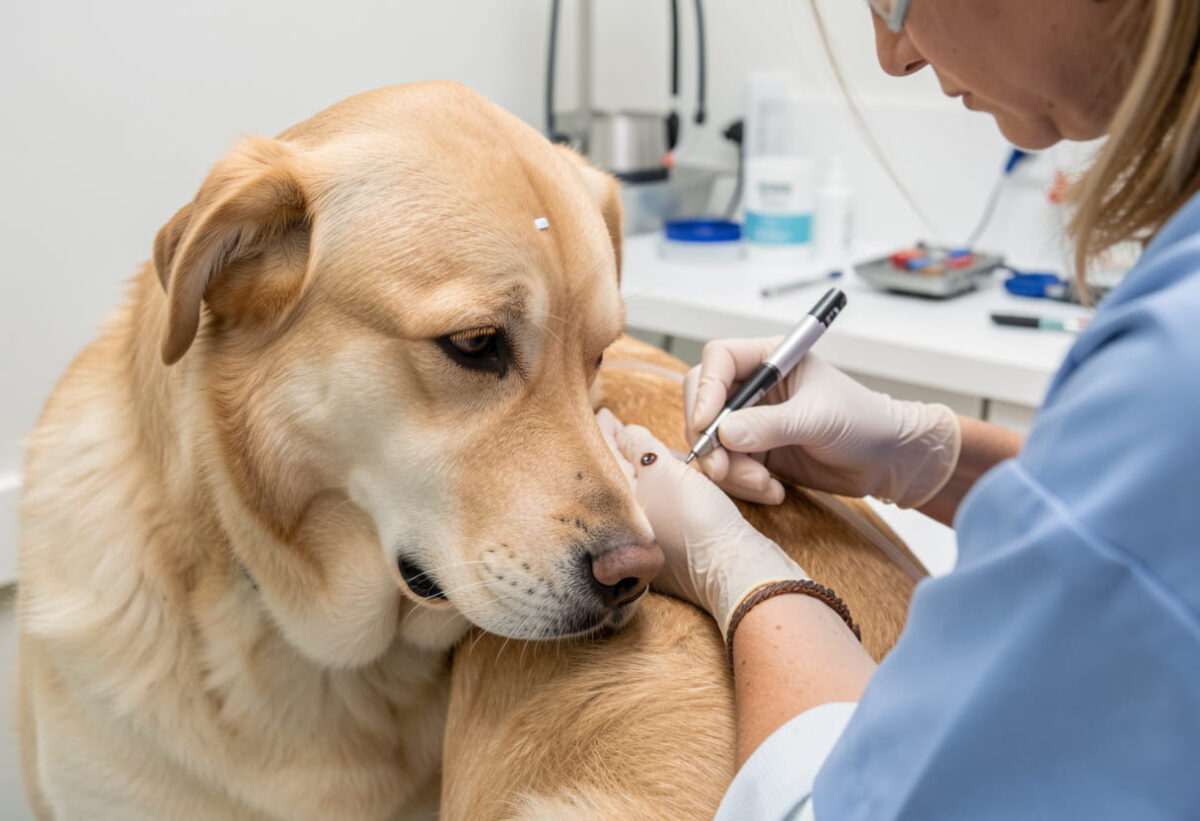Dogs and Cats Without a ‘Pet Passport’ Will Be Denied Entry to These Countries

Most people agree that a journey becomes more memorable when shared with a pet. However, travelers must carefully consider local and international laws before boarding a plane with a furry or feathered companion. International travel involves numerous rules and documents, often called “pet passports,” that travelers need to follow. In the United States, each state sets its own pet travel regulations.
Travel + Leisure offers the latest information and practical guidelines to help keep your four-legged friends safe and comfortable before their journey begins.
Depending on how you travel—by car, plane, or bus—you may need specific documents to move from one state to another with your pet. While the term “pet passport” isn’t official, many states require a health certificate signed by a licensed veterinarian. These travel rules vary by region and help ensure your trip is both safe and legal.
If you’re traveling with a pet for the first time, don’t miss a valuable resource: the U.S. Department of Agriculture (USDA) Animal and Plant Health Inspection Service website. Its Travel with a Pet page offers updated, state-specific requirements. For example, pets entering Texas must have current rabies vaccinations.
To prepare for your trip, schedule a vet visit. The veterinarian will check your pet’s health, provide the required documents, and explain the rules for your specific destination—whether it’s in another state or another country.
Always consult a vet before you travel. They’ll walk you through every step of the process and make sure your pet complies with all legal and health-related regulations.
Traveling With Pets to Europe From the United States
The European Commission states that U.S. travelers bringing pets to EU countries—such as France or Italy—must carry documentation verifying the pet’s health. This includes proof of rabies vaccination, other required immunizations, and identification details. Within the U.S., only authorized veterinarians can provide this certificate.
Pet owners must obtain the certificate within ten days before entering the EU. It remains valid for up to four months. The paperwork must also include a declaration that the pet is entering the EU for non-commercial purposes, meaning it won’t be sold or transferred to another owner.
Travelers must carefully review all entry requirements. Failing to comply can lead to serious consequences.
According to the EU website, “If your pet fails these compliance checks, it may be returned to the country of departure, quarantined until it meets EU health rules, or—if neither option is possible—euthanized.”
Traveling With Pets to Other Countries
Each country sets its own rules and procedures for traveling with pets. In Mexico, pets don’t receive a formal “pet passport.” Instead, officials inspect animals on arrival to check for illnesses or wounds.
When flying from Mexico to the United States, dogs must undergo screwworm testing to confirm they are free from the disease.
According to the USDA, “As of November 22, 2024, Mexico is considered affected by screwworm. All dogs—including those originally from the U.S. that return after visiting Mexico—must meet APHIS requirements for screwworm freedom certification upon entry.”
Traveling on Airlines With a Service or Emotional Support Animal
Airlines offer specific policies and services to meet the needs of service animals during domestic or international travel. According to the U.S. Department of Transportation, a service animal is one that is individually trained to perform tasks for a person with a disability. This includes physical, sensory, psychiatric, intellectual, or other mental disabilities. Airlines may require documentation that proves the animal is healthy, well-behaved, and properly trained.





